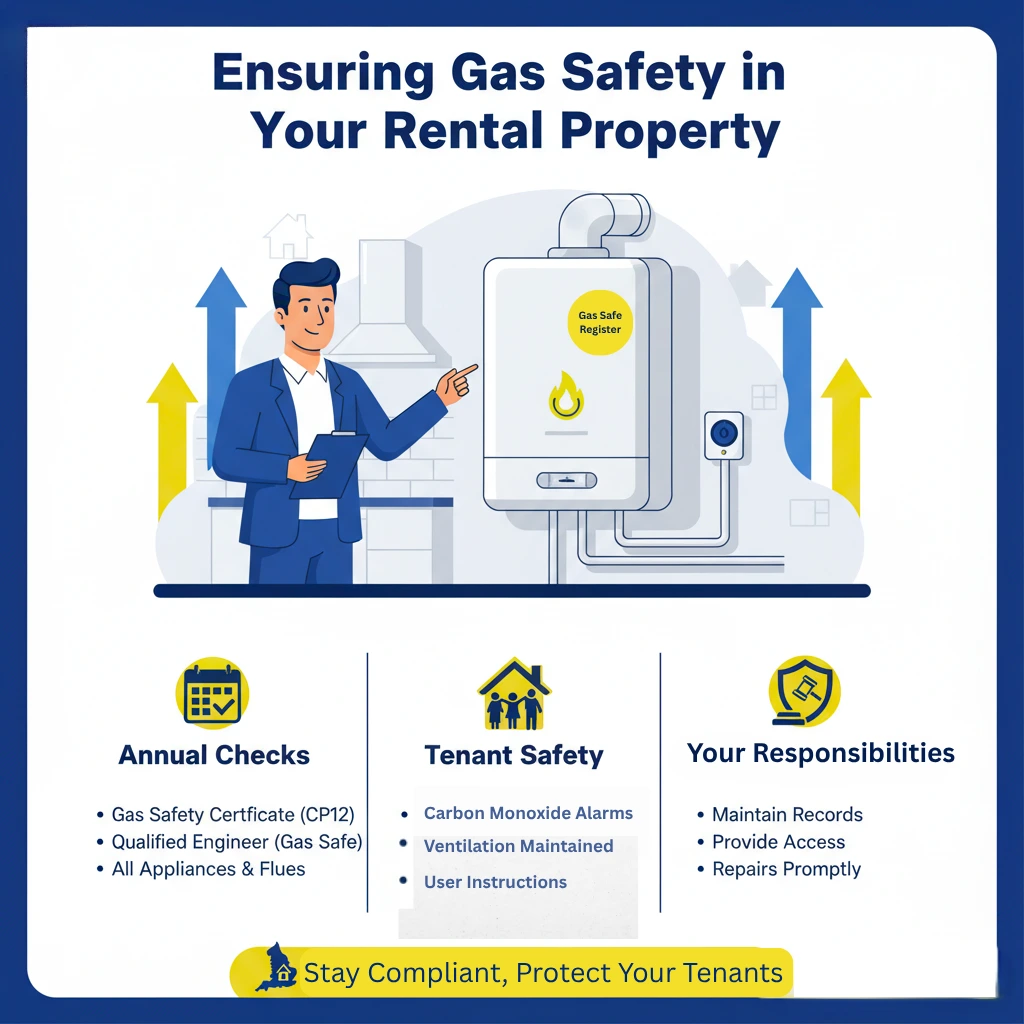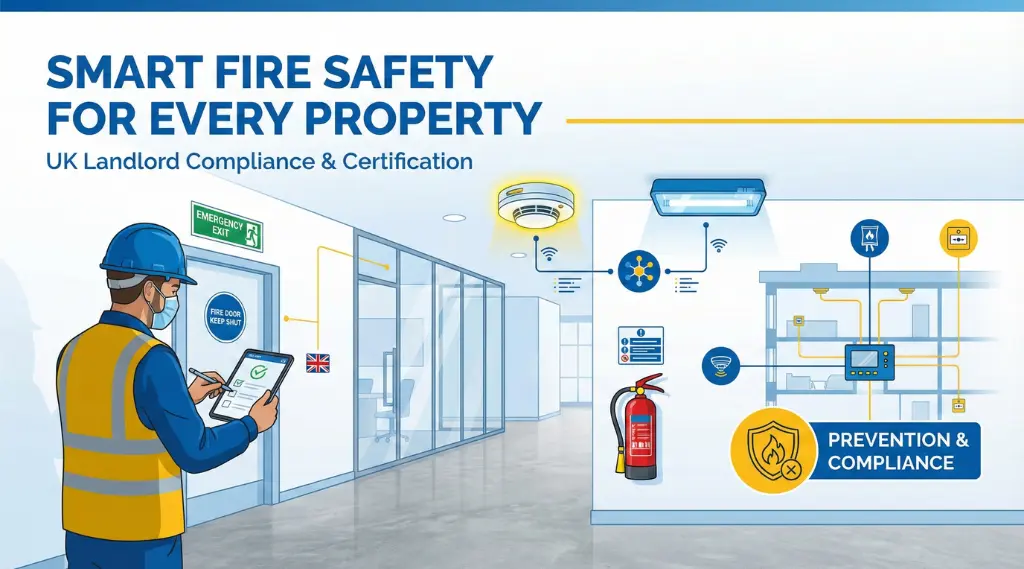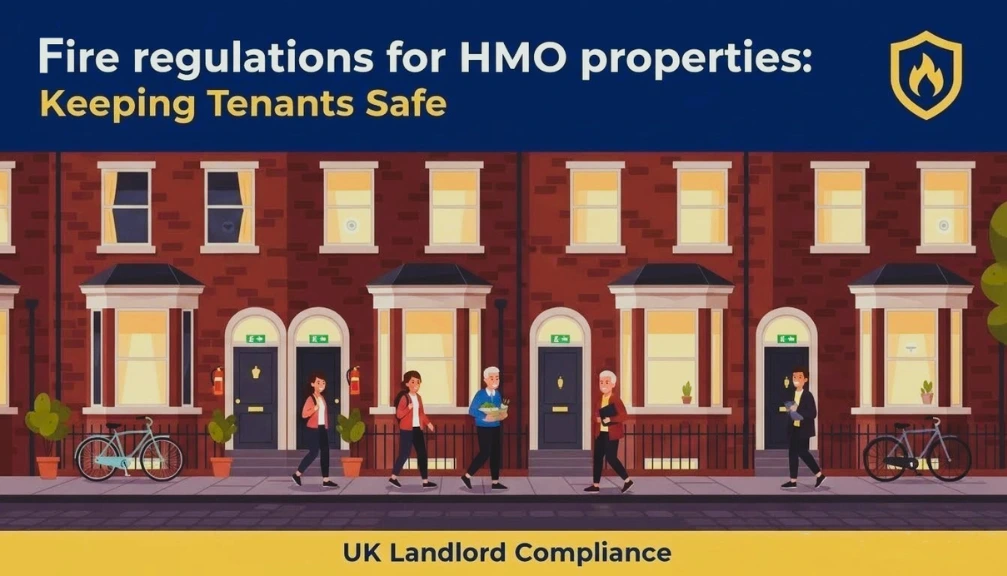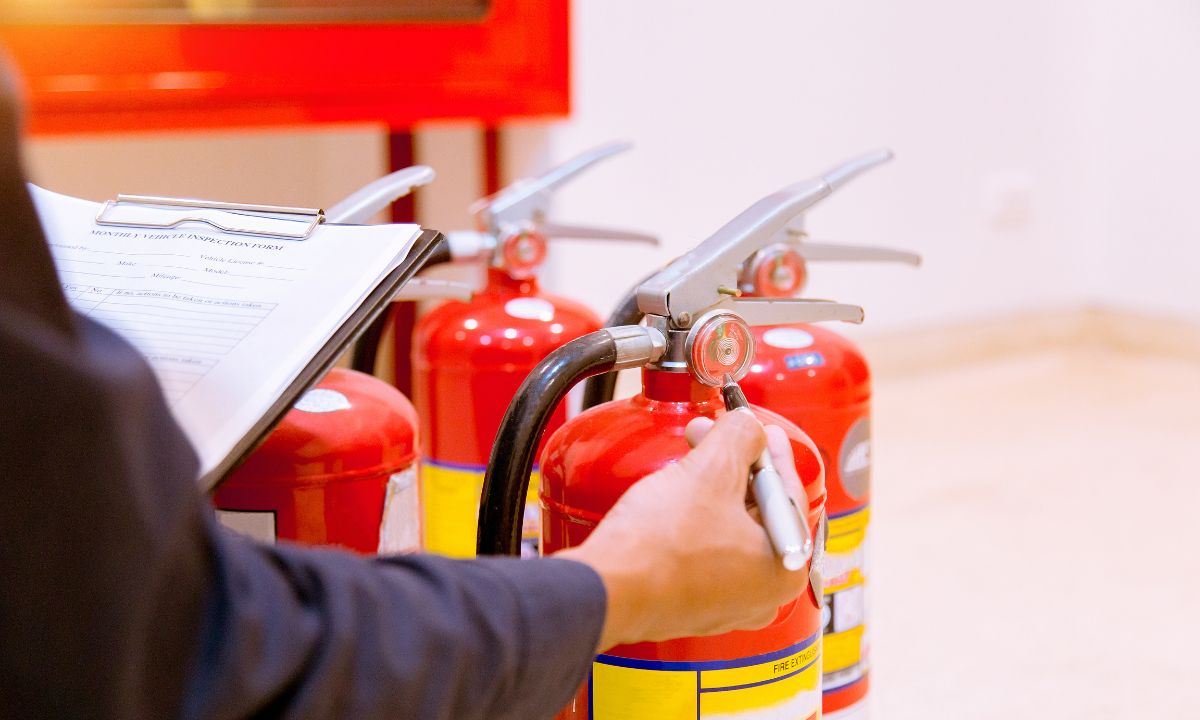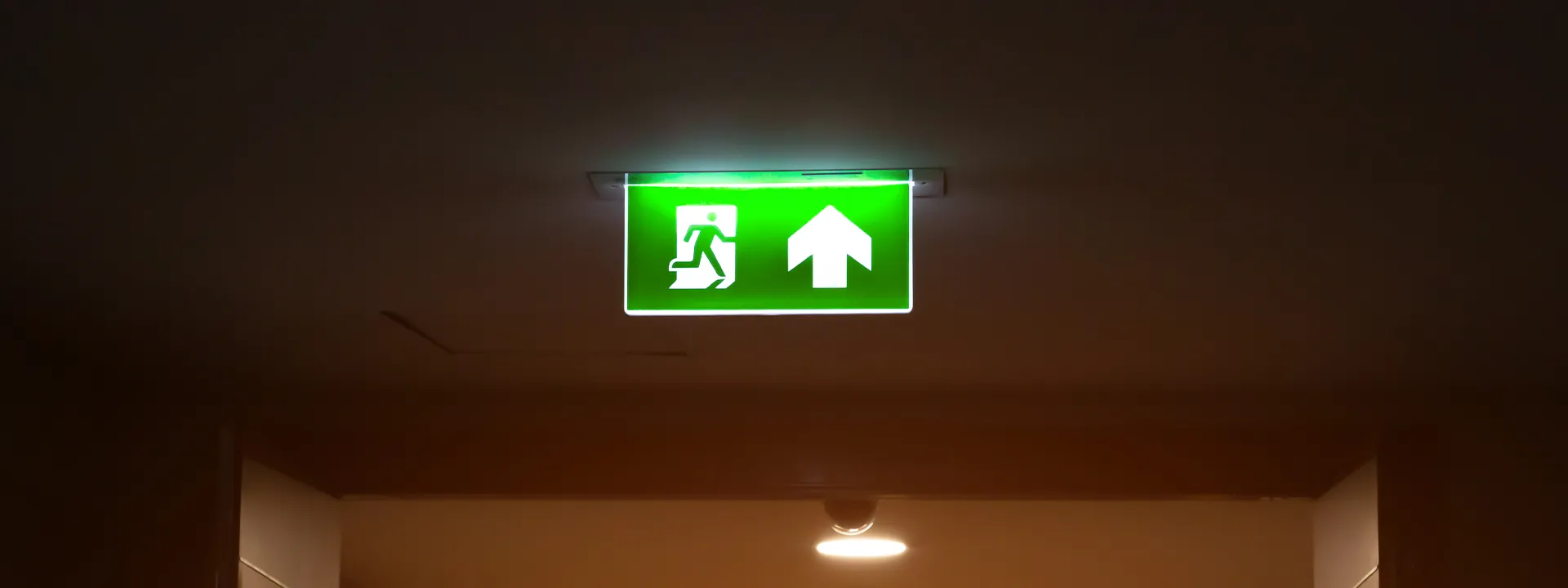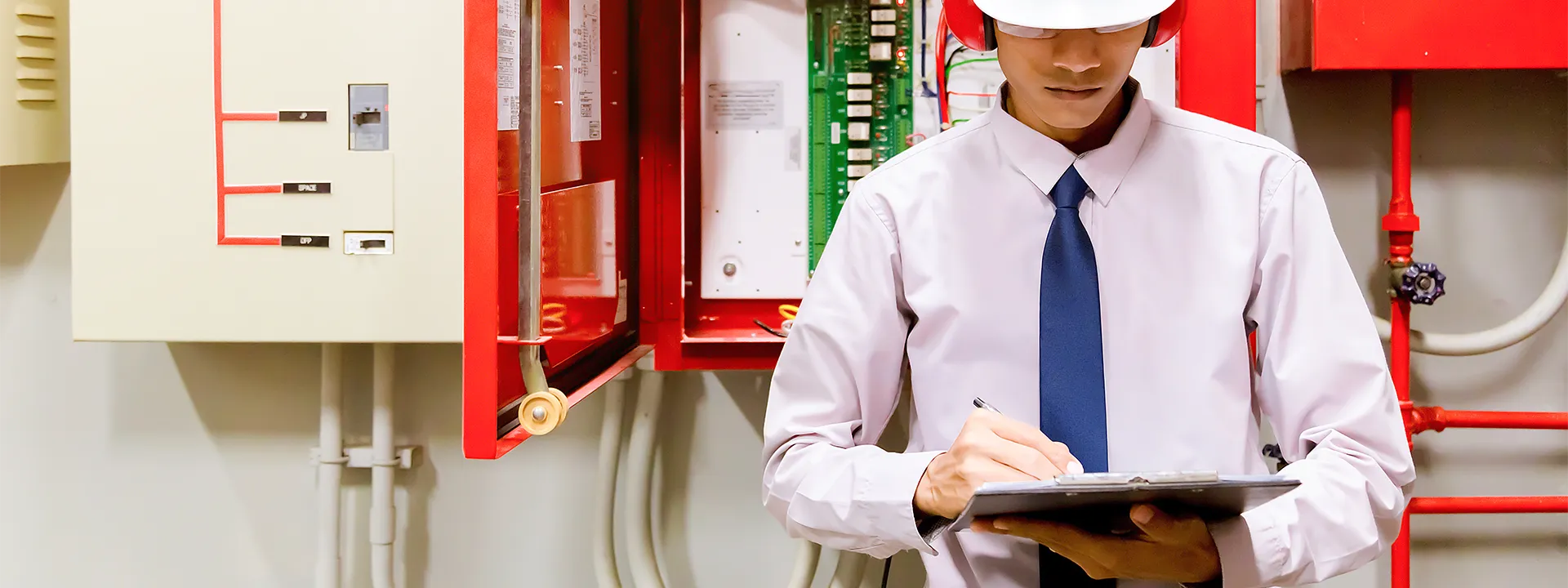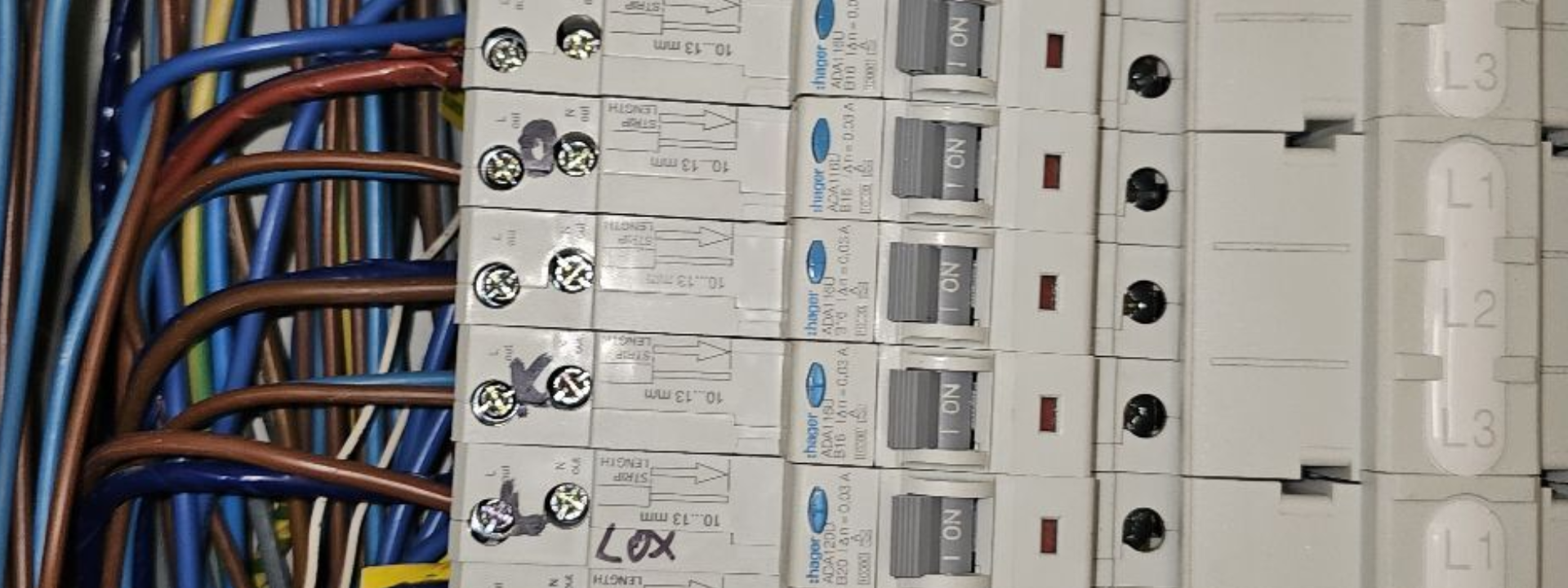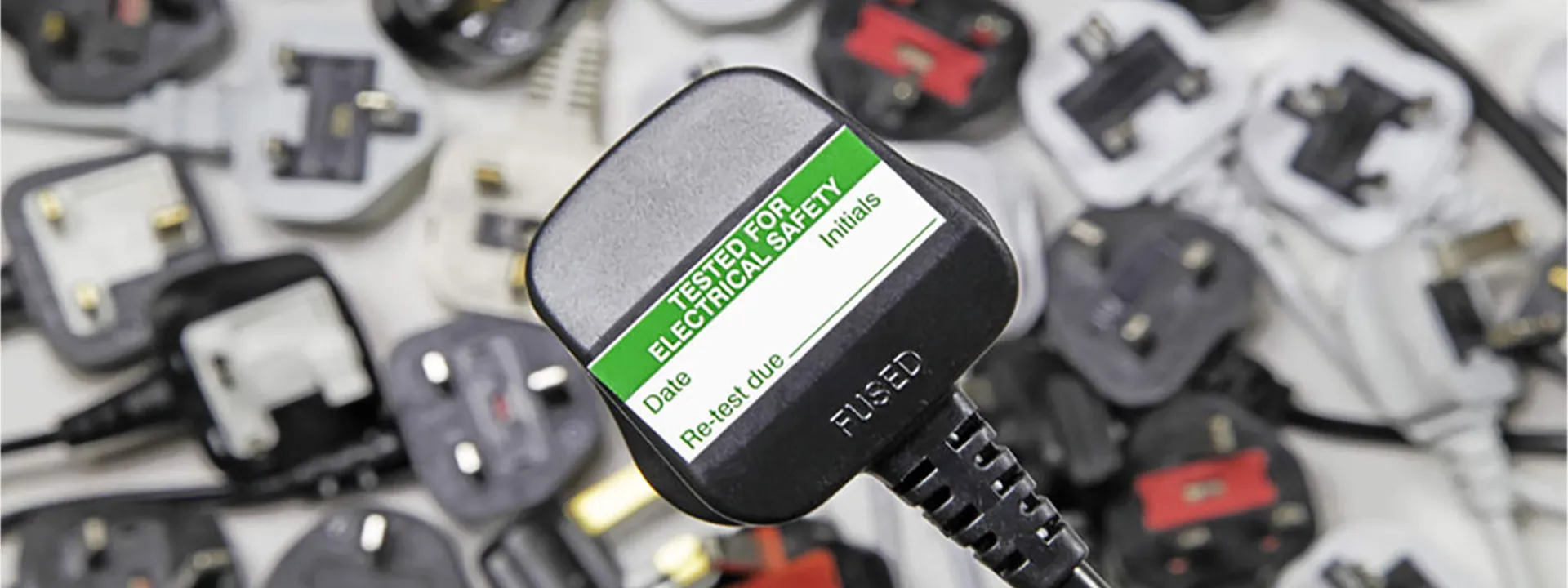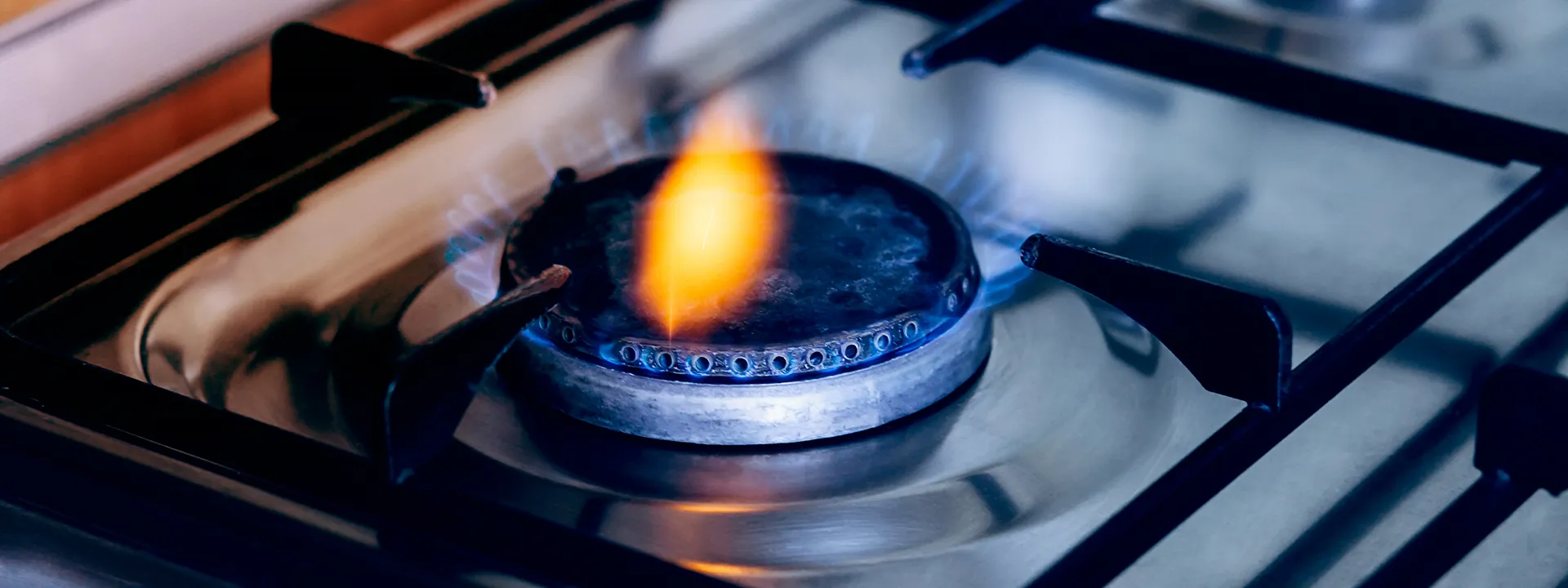Let’s start with a serious question. Do you know what can happen if a gas appliance in your rental home goes wrong? Yes, it can be dangerous. Pipes, boilers, and gas fires need regular checks and good care. In 2006, a tenant named Gordon Cunningham died from carbon monoxide poisoning from a broken gas fire. The landlord did not keep the fire safe, and the result was tragic and expensive, including a fine of 40,000 pounds. This shows how important gas safety is.
Following clear gas safety regulations for landlords keeps tenants safe and protects your property from legal problems. The rules got updated in 2022 to make them easier to follow.
In this guide, we will look at what landlords need to do, how to do inspections, why carbon monoxide alarms matter, and what landlords need to know compared to homeowners. By the end, you will have simple steps to protect your tenants and your property.
What are the current gas safety regulations landlords must follow?
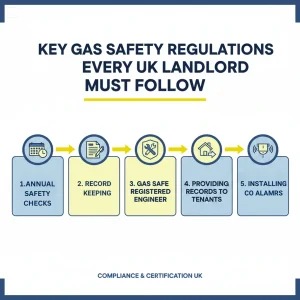
Do you know what rules landlords must follow to keep tenants safe from gas? Gas safety is serious, but understanding the rules can be simple. Let’s break it down in a way that makes sense.
Overview of Gas Safety (Installation and Use) Regulations 1998
The Gas Safety Regulations 1998 (SI 1998/2451) set out the core legal framework for safe gas installation, maintenance, and use. Key landlord duties under these regulations include:
1. Maintenance of gas fittings and flues![]() Landlords must ensure that any gas fitting (appliance, pipework) and any flue is maintained in a safe condition.
Landlords must ensure that any gas fitting (appliance, pipework) and any flue is maintained in a safe condition.
2. Annual safety checks![]() Every gas appliance or flue must be safety-checked at least once every 12 months.
Every gas appliance or flue must be safety-checked at least once every 12 months.![]() For new appliances or newly installed flues, the first check be done within 12 months of installation.
For new appliances or newly installed flues, the first check be done within 12 months of installation.
3.Record keeping![]() Landlords must keep a record of each safety check. The record must include: date, address, landlord/agent details, description & location of appliances/flues, any safety defects, any remedial action, name and signature of the person who did the check and their Gas Safe (or approved body) registration number.
Landlords must keep a record of each safety check. The record must include: date, address, landlord/agent details, description & location of appliances/flues, any safety defects, any remedial action, name and signature of the person who did the check and their Gas Safe (or approved body) registration number.![]() These records must be kept for at least two years, or until two further checks have been carried out.
These records must be kept for at least two years, or until two further checks have been carried out.
4. Competent persons![]() All work (installation, maintenance, safety checks) must be done by a competent person. In practice, for gas work, this means a Gas Safe registered engineer (or similar approved person) must carry out the safety checks.
All work (installation, maintenance, safety checks) must be done by a competent person. In practice, for gas work, this means a Gas Safe registered engineer (or similar approved person) must carry out the safety checks.
5. Providing the safety record (certificate) to tenants![]() Once a safety check (sometimes called a “gas safety check” or “Gas Safety Record / CP12”) is done, the landlord must give a copy of the record to existing tenants within 28 days.
Once a safety check (sometimes called a “gas safety check” or “Gas Safety Record / CP12”) is done, the landlord must give a copy of the record to existing tenants within 28 days.![]() For new tenants, this must be done before they move in (or, at least, before the tenancy starts).
For new tenants, this must be done before they move in (or, at least, before the tenancy starts).
6. Access for checks![]() Landlords must make reasonable efforts to gain access to carry out gas safety checks.
Landlords must make reasonable efforts to gain access to carry out gas safety checks.![]() They keep records of these attempts, such as written notices, tenant correspondence, etc., in case they need to show they took “reasonable steps.”
They keep records of these attempts, such as written notices, tenant correspondence, etc., in case they need to show they took “reasonable steps.”
7. Appliance installation safety![]() When installing gas appliances, they must be installed so they do not create an undue risk (e.g., proper support, protection against damage or corrosion).
When installing gas appliances, they must be installed so they do not create an undue risk (e.g., proper support, protection against damage or corrosion).![]() Appliances must be accessible for inspection / maintenance.
Appliances must be accessible for inspection / maintenance.![]() Manufacturer instructions must be left for the owner / tenant.
Manufacturer instructions must be left for the owner / tenant.
8. Prohibition in certain rooms
There are restrictions on installing certain gas appliances (e.g., non-room-sealed ones) in rooms like bathrooms, shower rooms, or sleeping accommodation if they do not meet safety standards.
Key updates in gas safety regulations 2022
Have you heard about the changes in 2022? If your answer is no. Then, here we talk about gas safety regulations 2022. These rules are more stronger to protect tenants and your property. Take a look at these updated legal regulations:
![]() Carbon Monoxide (CO) Alarms Requirement
Carbon Monoxide (CO) Alarms Requirement
![]() From 1 October 2022, landlords must install a carbon monoxide alarm in every habitable room that contains a fuel-burning (gas) appliance (excluding appliances used solely for cooking).
From 1 October 2022, landlords must install a carbon monoxide alarm in every habitable room that contains a fuel-burning (gas) appliance (excluding appliances used solely for cooking).![]() This change comes via the Smoke and Carbon Monoxide Alarm (England) Regulations.
This change comes via the Smoke and Carbon Monoxide Alarm (England) Regulations.
![]() Greater Flexibility for Timing of Annual Gas Safety Checks
Greater Flexibility for Timing of Annual Gas Safety Checks![]() Because of earlier amendments (notably the Gas Safety (Installation and Use) (Amendment) Regulations 2018), landlords are allowed to conduct the annual gas safety check up to 2 months before the due date and still treat it as though it were done on the original “expiry date.”
Because of earlier amendments (notably the Gas Safety (Installation and Use) (Amendment) Regulations 2018), landlords are allowed to conduct the annual gas safety check up to 2 months before the due date and still treat it as though it were done on the original “expiry date.”![]() This flexibility was introduced to help landlords who struggle to get access at the end of the 12-month window.
This flexibility was introduced to help landlords who struggle to get access at the end of the 12-month window.
![]() Alternative Check Methods Where the Meter Is Inaccessible
Alternative Check Methods Where the Meter Is Inaccessible![]() The regulations now more clearly provide for alternative ways to carry out safety checks in cases where the gas meter is not accessible, or when the meter display doesn’t work, so that heat input or operating pressure cannot be measured in the usual way.
The regulations now more clearly provide for alternative ways to carry out safety checks in cases where the gas meter is not accessible, or when the meter display doesn’t work, so that heat input or operating pressure cannot be measured in the usual way.
![]() Exemptions for Specific Industrial Gas Installations
Exemptions for Specific Industrial Gas Installations![]() Some gas installations (e.g., compressed natural gas (CNG) systems for vehicles with large compressors) are treated differently, with many of the standard requirements of GSIUR misapplied, since other, more appropriate regulations already cover them.
Some gas installations (e.g., compressed natural gas (CNG) systems for vehicles with large compressors) are treated differently, with many of the standard requirements of GSIUR misapplied, since other, more appropriate regulations already cover them.
![]() Industry Guidance Updates
Industry Guidance Updates![]() In June 2024, the IGEM/G/11 standard (Gas Industry Unsafe Situations Procedure, GIUSP) was updated. Not a direct change in regulation, it shapes how engineers assess and respond to unsafe gas situations.
In June 2024, the IGEM/G/11 standard (Gas Industry Unsafe Situations Procedure, GIUSP) was updated. Not a direct change in regulation, it shapes how engineers assess and respond to unsafe gas situations.
Legal obligations for landlords regarding gas appliances
Here’s a breakdown of the practical legal obligations for landlords regarding gas appliances:
1. Use Qualified Engineers![]() Only a qualified, Gas Safe-registered engineer (or another person approved under the regulations) can carry out installation, maintenance, and safety checks.
Only a qualified, Gas Safe-registered engineer (or another person approved under the regulations) can carry out installation, maintenance, and safety checks.
2. Annual Safety Inspections![]() Arrange annual inspections of every gas appliance and flue provided to tenants.
Arrange annual inspections of every gas appliance and flue provided to tenants.![]() Maintain that cycle every 12 months, but with permitted flexibility (see above).
Maintain that cycle every 12 months, but with permitted flexibility (see above).
3. Record and Document![]() Keep the full gas safety record (certificate) for at least two years.
Keep the full gas safety record (certificate) for at least two years.![]() Provide a copy of that record to tenants: within 28 days for existing ones, before occupancy for new ones.
Provide a copy of that record to tenants: within 28 days for existing ones, before occupancy for new ones.![]() If a property has a communal heating / gas system, display the record in a common area (if applicable).
If a property has a communal heating / gas system, display the record in a common area (if applicable).
4. Maintain Gas Installation & Appliances![]() Perform maintenance (servicing) in accordance with manufacturer instructions or at reasonable intervals.
Perform maintenance (servicing) in accordance with manufacturer instructions or at reasonable intervals.![]() Fix any identified safety defects promptly, and ensure flues, vents, and pipework remain in good condition.
Fix any identified safety defects promptly, and ensure flues, vents, and pipework remain in good condition.
5. Install CO Alarms (where required)![]() Since October 2022, install carbon monoxide alarms in every habitable room containing a gas appliance (except cooking-only ones).
Since October 2022, install carbon monoxide alarms in every habitable room containing a gas appliance (except cooking-only ones).
6. Ensure Access![]() You must take “reasonable steps” to grant access to carry out checks. If tenants refuse or do not provide access, you document your attempts (written notices, calls, etc.) because that becomes important in case of regulatory or legal scrutiny.
You must take “reasonable steps” to grant access to carry out checks. If tenants refuse or do not provide access, you document your attempts (written notices, calls, etc.) because that becomes important in case of regulatory or legal scrutiny.
7. Inform Tenants![]() Provide tenants with information about gas safety: where the gas shut-off valve is, what to do in an emergency (this is good practice and be required depending on how the tenancy agreement is structured).
Provide tenants with information about gas safety: where the gas shut-off valve is, what to do in an emergency (this is good practice and be required depending on how the tenancy agreement is structured).
8. Risk Management & Reporting![]() If a gas engineer identifies a “safety defect” during inspection, the landlord must act to remediate it.
If a gas engineer identifies a “safety defect” during inspection, the landlord must act to remediate it.![]() For industry-level unsafe situations (as per GIUSP / IGEM), if those are identified, they need to be escalated/managed appropriately. (Engineers will follow GIUSP guidance.)
For industry-level unsafe situations (as per GIUSP / IGEM), if those are identified, they need to be escalated/managed appropriately. (Engineers will follow GIUSP guidance.)
9. Penalties for Non-Compliance![]() Failing to comply with these duties can lead to serious consequences: fines, criminal prosecution, and potentially being unable to serve certain eviction notices (e.g., under some housing laws, not having a valid gas safety certificate invalidates a Section 21 notice).
Failing to comply with these duties can lead to serious consequences: fines, criminal prosecution, and potentially being unable to serve certain eviction notices (e.g., under some housing laws, not having a valid gas safety certificate invalidates a Section 21 notice).
What does a landlord gas safety inspection include?
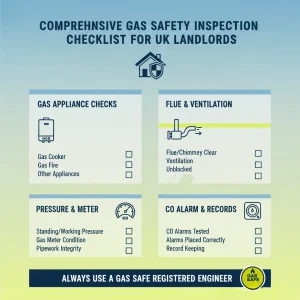
A landlord gas safety inspection feels like a big task, right? The good news is that the process stays clear once you know what happens during the visit. Keep every home safe and protect tenants from gas leaks or faulty parts linked to gas safety regulations landlords.
Comprehensive gas safety inspection checklist
So what sits inside a full gas safety inspection checklist? Let’s walk through it step by step in a friendly way that you easily understand. All these steps support landlord gas safety regulations in a simple, practical way. Alllandlordcertificates.co.uk offer you free gas safety inspection checklist.
Get Your Free Gas Safety Checklist Now
Ensure Your Property Meets All Gas Safety Requirements.
Download the Guide and Make Gas Safety Simple and Stress-Free
Gas safety inspection cost and budgeting considerations
Let’s talk money for a moment. The price for an inspection can change from place to place. A few points help you plan smart. Here is a clear table to make everything simple:
Item
Price Range
Notes
Standard gas safety inspection
60 to 120
Price based on area and number of appliances
Extra appliances
20 to 40 each
Added when the home has more units
Small fixes
20 to 80
Depends on the part and time needed
New parts
10 to 150
Price changes by brand and size
Yearly budget plan
80 to 200
Helps keep money ready for checks and small jobs
Item
Price Range
Notes
Standard gas safety inspection
60 to 120
Price based on area and number of appliances
Extra appliances
20 to 40 each
Added when the home has more units
Small fixes
20 to 80
Depends on the part and time needed
New parts
10 to 150
Price changes by brand and size
Yearly budget plan
80 to 200
Helps keep money ready for checks and small jobs
Factors that affect cost:![]() Number of gas appliances
Number of gas appliances![]() Location (price can vary by region)
Location (price can vary by region)![]() A service (e.g., boiler service) is included
A service (e.g., boiler service) is included![]() Emergency or short-notice appointment fees
Emergency or short-notice appointment fees![]() Annual vs. multi-property landlord discounts
Annual vs. multi-property landlord discounts
Budgeting tips:![]() Combine boiler servicing with yearly inspections for better value.
Combine boiler servicing with yearly inspections for better value.![]() Ask for multi-property or repeat annual rates.
Ask for multi-property or repeat annual rates.![]() Confirm the CP12 certificate is included in the quoted price.
Confirm the CP12 certificate is included in the quoted price.
Finding qualified Gas Safe registered engineers
Now comes the big question. How do you find the right person for the job? You look for a Gas Safe registered engineer. Only Gas Safe Register–licensed professionals can legally carry out inspections. To find them:
![]() Search the official Gas Safe Register website database.
Search the official Gas Safe Register website database.![]() Look for the yellow Gas Safe ID card on arrival.
Look for the yellow Gas Safe ID card on arrival.![]() Check the engineer’s competency categories (e.g., boilers, gas fires).
Check the engineer’s competency categories (e.g., boilers, gas fires).![]() Read reviews or ask for recommendations from other landlords.
Read reviews or ask for recommendations from other landlords.![]() Avoid unlicensed or heavily discounted services that seem suspicious.
Avoid unlicensed or heavily discounted services that seem suspicious.
Gas appliance or installation pipework in any part of premises occupied under a lease stays under clear duties set by the Health and Safety Executive. The check is carried out to confirm that gas equipment and any heating appliance or emergency heating remain safe for use in premises occupied for non-residential purposes.
How often do landlords need to conduct gas safety checks?
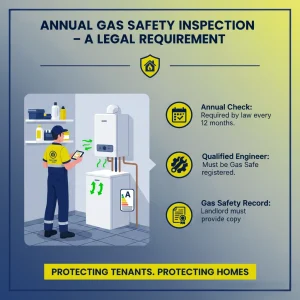
Let’s talk about a question many landlords ask. Because gas safety checks for landlords stay at the top of every property list. How many gas checks do you need each year? In this section, we give you clear instructions about that.
Annual gas safety inspection requirements explained
Gas safety for landlords ensures tenants stay protected and properties remain secure every year. Take a look at that list:
![]() Landlords arrange a gas safety inspection once every 12 months.
Landlords arrange a gas safety inspection once every 12 months.![]() A registered engineer checks all gas appliances, including boilers, cookers, and gas fires.
A registered engineer checks all gas appliances, including boilers, cookers, and gas fires.![]() The engineer inspects gas pipework and flues to make sure there are no leaks or blockages.
The engineer inspects gas pipework and flues to make sure there are no leaks or blockages.![]() Safety devices, like pressure valves and ventilation, are tested for proper operation.
Safety devices, like pressure valves and ventilation, are tested for proper operation.![]() Any faults found during the inspection are reported and need to be fixed immediately.
Any faults found during the inspection are reported and need to be fixed immediately.![]() After inspection, they issue a gas safety certificate.
After inspection, they issue a gas safety certificate.![]() Tenants must receive a copy of this certificate within 28 days of the inspection.
Tenants must receive a copy of this certificate within 28 days of the inspection.
This certificate proves the landlord follows gas regulations for landlords and has done the necessary checks. It’s more than paperwork.
Scheduling and record-keeping for gas safety certificates
Let’s talk about timing first. A smart move is to book the inspection before the old certificate expires. It also helps you follow all gas safety landlords responsibilities with easy.
![]() Schedule the inspection every 12 months without fail.
Schedule the inspection every 12 months without fail.![]() Give tenants a copy of the certificate within 28 days.
Give tenants a copy of the certificate within 28 days.![]() Keep records of all inspections in a file or digital system.
Keep records of all inspections in a file or digital system.
Consequences of missed or late gas safety checks
Following gas requirements for landlords ensures everything stays safe, legal, and worry-free. But if you missed inspection or skipped it, then you face:
![]() Risk of carbon monoxide poisoning for tenants.
Risk of carbon monoxide poisoning for tenants.![]() Fines up to £6,000 or possible legal action.
Fines up to £6,000 or possible legal action.![]() Insurance may not cover gas-related accidents.
Insurance may not cover gas-related accidents.![]() Fire or explosion damage to property.
Fire or explosion damage to property.![]() Enforcement notices from local authorities.
Enforcement notices from local authorities.![]() Tenant complaints or legal claims.
Tenant complaints or legal claims.![]() Loss of reputation and rental trust.
Loss of reputation and rental trust.
What are landlords responsibilities regarding CO (carbon monoxide) safety?
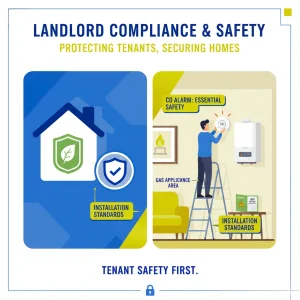
Let’s talk about something serious, carbon monoxide or CO gas safety in rental properties. Following gas safety regulations for landlords makes homes safer. Also creates trust between landlords and tenants.
Legal requirements for CO alarms in rental properties
Yes, CO alarms are a legal requirement in rental properties with appliances that burn gas, oil, or solid fuels. Landlords must install alarms in rooms with these appliances. Key requirements landlords need to Know:
When and Where Alarms Are Required
![]() A CO alarm must be in every room used as a living accommodation with a fixed combustion appliance.
A CO alarm must be in every room used as a living accommodation with a fixed combustion appliance.![]() Fixed combustion appliances include gas or oil boilers, log-burning stoves, open fires.
Fixed combustion appliances include gas or oil boilers, log-burning stoves, open fires.![]() Gas cookers alone do not require a CO alarm.
Gas cookers alone do not require a CO alarm.
Standards for the Alarm
![]() Alarms must meet British safety standards (e.g., BS EN 50291).
Alarms must meet British safety standards (e.g., BS EN 50291).![]() Alarms can be hard-wired or battery-powered. Landlords must choose a reliable model.
Alarms can be hard-wired or battery-powered. Landlords must choose a reliable model.
Placement
![]() No exact legal spot, guidance suggests head height on a wall or shelf, 1–3 meters from the appliance.
No exact legal spot, guidance suggests head height on a wall or shelf, 1–3 meters from the appliance.![]() Follow the manufacturer’s instructions for installation.
Follow the manufacturer’s instructions for installation.
Checks at the Start of Tenancy
![]() The landlord or representative must check that the alarm works on the first day of tenancy.
The landlord or representative must check that the alarm works on the first day of tenancy.![]() Faulty alarms must be repaired or replaced if reported by tenants.
Faulty alarms must be repaired or replaced if reported by tenants.
Enforcement & Penalties
![]() Local housing authorities enforce rules.
Local housing authorities enforce rules.![]() Non-compliance after notification can result in civil penalty up to £5,000.
Non-compliance after notification can result in civil penalty up to £5,000.
Tenancies Not Covered
![]() Shared accommodation with the landlord or their family.
Shared accommodation with the landlord or their family.![]() Long leases over 7 years.
Long leases over 7 years.![]() Student halls, care homes, hospitals, and similar accommodation.
Student halls, care homes, hospitals, and similar accommodation.
Maintenance and testing of CO detection systems
It’s important to keep CO alarms working for safety. Landlords must ensure alarms continue to work throughout a tenancy. Here are the main steps:
![]() Check alarms at the start of tenancy to confirm they work correctly.
Check alarms at the start of tenancy to confirm they work correctly.![]() Test alarms regularly by pressing the test button. This ensures the device sounds and responds.
Test alarms regularly by pressing the test button. This ensures the device sounds and responds.![]() Replace batteries if the alarm signals low power.
Replace batteries if the alarm signals low power.![]() Replace alarms according to the manufacturer’s guidance or if they fail tests.
Replace alarms according to the manufacturer’s guidance or if they fail tests.![]() Keep records of installation, checks, and maintenance. This shows compliance and helps with safety tracking.
Keep records of installation, checks, and maintenance. This shows compliance and helps with safety tracking.
Tenant education about carbon monoxide dangers
Tenants play a big role in CO safety. When tenants know about carbon monoxide, they can stay safe and ensure the alarms work properly. Landlords can guide tenants in these ways:
![]() Explain what CO is and why it is dangerous. Carbon monoxide cannot be seen, smelled, or tasted.
Explain what CO is and why it is dangerous. Carbon monoxide cannot be seen, smelled, or tasted.![]() Share symptoms of CO exposure: headaches, dizziness, nausea, or confusion.
Share symptoms of CO exposure: headaches, dizziness, nausea, or confusion.![]() Tell tenants how to respond if a CO alarm sounds: leave the property immediately and call emergency services.
Tell tenants how to respond if a CO alarm sounds: leave the property immediately and call emergency services.![]() Give tips for safe appliance use, like not blocking vents or tampering with gas, oil, or solid fuel appliances.
Give tips for safe appliance use, like not blocking vents or tampering with gas, oil, or solid fuel appliances.![]() Encourage reporting faults promptly, so alarms can be fixed without delay.
Encourage reporting faults promptly, so alarms can be fixed without delay.
Do homeowners and landlords have different gas safety obligations?
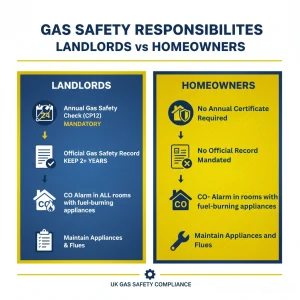
Let’s start with a simple question. Do homeowners need a gas safety certificate? If you live in your own house, the rules are different from those if you rent out a property. Homeowners do not need a gas safety certificate for their own home.
Comparing landlord vs homeowner gas safety record requirements
Landlord homeowner gas safety record rules can feel confusing. Let’s break it down. Homeowners and landlords both have a responsibility to keep gas appliances safe. But the way is different. Homeowners check appliances themselves. But on the other hand, landlords have stricter rules. Here’s a table to show the difference clearly:
Aspect
Homeowners
Landlords
Gas safety certificate
Not needed
Needed every year
Inspections
Self-checks
Annual check by a gas safe registered engineer
Record keeping
No formal record
Written record kept and shared with tenants
Legal responsibility
Keep appliances safe
Follow legal gas safety rules
Tenant requirement
Not applicable
Must provide copy of certificate
Aspect
Homeowners
Landlords
Gas safety certificate
Not needed
Needed every year
Inspections
Self-checks
Annual check by a gas safe registered engineer
Record keeping
No formal record
Written record kept and shared with tenants
Legal responsibility
Keep appliances
safe
Follow legal gas safety rules
Tenant requirement
Not applicable
Must provide copy of certificate
If a tenant has their own gas appliance, the landlord arranges checks of the installation pipework only, though the tenant remains responsible for the appliance. Remedial work arises if any part requires attention to comply with the law. An alarm in any room used to operate or use an appliance strengthens overall protection and keeps the environment in a safe condition.
Additional responsibilities for HMO and multi-unit property landlords
Managing a property with several units means extra steps to keep everyone safe. Yes, it takes attention, but it is straightforward if you know what to do. Following these steps ensures safety for all tenants. Understanding gas safety regulations for landlords helps landlords know exactly what to check, maintain, and record for multi-unit properties. Let’s look at details step by step:
![]() Check every unit separately: Each flat, room, or shared space has its own gas appliances and safety record.
Check every unit separately: Each flat, room, or shared space has its own gas appliances and safety record.
![]() Fix problems quickly: Any issues with boilers, stoves, or pipes get repaired immediately to keep tenants safe.
Fix problems quickly: Any issues with boilers, stoves, or pipes get repaired immediately to keep tenants safe.
![]() Give certificates to tenants: Every tenant receives a copy of their unit’s gas safety certificate.
Give certificates to tenants: Every tenant receives a copy of their unit’s gas safety certificate.
![]() Keep records organized: Store all gas safety records clearly so inspections and audits go smoothly.
Keep records organized: Store all gas safety records clearly so inspections and audits go smoothly.
![]() Maintain appliances regularly: Make sure every appliance, flue, and pipe stays in safe working condition.
Maintain appliances regularly: Make sure every appliance, flue, and pipe stays in safe working condition.
What are the penalties for non-compliance with gas safety regulations?
Let’s talk about something very important for landlords. Gas safety is serious, and ignoring it causes big problems. Following gas safety regulations for landlords keeps tenants safe and protects landlords from trouble.
Legal consequences and potential prosecution for violations
Yes, there are real legal consequences if gas safety rules get ignored. The law expects landlords to make sure all gas appliances stay safe. If a landlord skips inspections or leaves issues unfixed, legal action happens. Some examples include:
![]() Fines that increase depending on the severity of the violation.
Fines that increase depending on the severity of the violation.![]() Court appearances are taking weeks or months.
Court appearances are taking weeks or months.![]() Criminal charges in serious cases, including imprisonment.
Criminal charges in serious cases, including imprisonment.![]() Enforcement notices requiring immediate action on unsafe appliances.
Enforcement notices requiring immediate action on unsafe appliances.![]() Risk of being banned from renting properties in extreme situations.
Risk of being banned from renting properties in extreme situations.
These consequences are stressful and costly, so staying on top of inspections and maintenance keeps everything under control.
Impact on insurance coverage and mortgage agreements
Here’s a tricky part many landlords miss. Ignoring gas safety affects insurance and mortgage agreements. Consider this:
![]() Insurance companies refuse to cover damages or claims caused by unsafe gas appliances.
Insurance companies refuse to cover damages or claims caused by unsafe gas appliances.![]() Liability claims from tenant injuries fall fully on the landlord.
Liability claims from tenant injuries fall fully on the landlord.![]() Mortgage lenders require up-to-date gas safety certificates.
Mortgage lenders require up-to-date gas safety certificates.![]() Ignoring safety rules impacts the ability to sell or remortgage a property.
Ignoring safety rules impacts the ability to sell or remortgage a property.![]() Landlords lose access to certain insurance policies if the rules are broken.
Landlords lose access to certain insurance policies if the rules are broken.
Following safety rules keeps finances and agreements in order.
Tenant rights regarding gas safety non-compliance
Tenants have rights, and landlords need to respect them. If gas safety gets ignored, tenants take action. They can:
![]() Report safety issues to local authorities.
Report safety issues to local authorities.![]() Request urgent inspections for unsafe appliances.
Request urgent inspections for unsafe appliances.![]() Withhold rent in serious cases until the issue gets fixed.
Withhold rent in serious cases until the issue gets fixed.![]() Move out if the property becomes unsafe, without losing deposits.
Move out if the property becomes unsafe, without losing deposits.![]() Take legal action to claim compensation for unsafe living conditions.
Take legal action to claim compensation for unsafe living conditions.![]() Contact health and safety inspectors to check compliance.
Contact health and safety inspectors to check compliance.
Making sure gas appliances stay safe keeps everyone happy and stress-free.
How can landlords efficiently manage gas safety compliance?
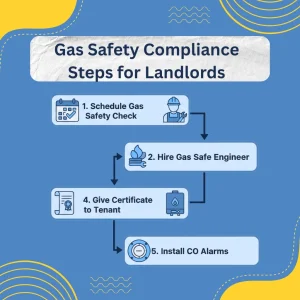
Let’s face it, keeping up with gas safety compliance can feel like a lot. But it does not have to be stressful. Small steps and smart systems make it easier to stay organized and safe. Here’s how landlords handle it efficiently.
Digital record-keeping and certificate management systems
Technology makes life simpler. Landlords who keep digital records save time and avoid mistakes. Some helpful approaches include:
![]() Store gas safety certificates in one easy-to-access folder or cloud system.
Store gas safety certificates in one easy-to-access folder or cloud system.![]() Set reminders for upcoming inspections so deadlines never get missed.
Set reminders for upcoming inspections so deadlines never get missed.![]() Track repairs and maintenance with notes for each property.
Track repairs and maintenance with notes for each property.![]() Share certificates digitally with tenants to keep communication clear.
Share certificates digitally with tenants to keep communication clear.![]() Keep a backup of all records to prevent loss in emergencies.
Keep a backup of all records to prevent loss in emergencies.
Digital systems make compliance simple and reduce stress for everyone.
Working with property management companies on gas safety
Teamwork brings big advantages. Property management companies take over day-to-day compliance tasks. Benefits include:
![]() Scheduling inspections automatically with trusted engineers.
Scheduling inspections automatically with trusted engineers.![]() Handling repairs quickly before small problems become big issues.
Handling repairs quickly before small problems become big issues.![]() Managing record-keeping and certificates efficiently.
Managing record-keeping and certificates efficiently.![]() Acting as a point of contact between landlords and tenants.
Acting as a point of contact between landlords and tenants.![]() Staying updated on any legal changes in gas safety regulations.
Staying updated on any legal changes in gas safety regulations.
Working with professionals saves time and keeps the property in good shape.
Best practices for maintaining ongoing compliance
A gas safety check is a legal requirement, so installation pipework, relevant gas fitting, appliances and flues are checked for safety within 12 months. Staying compliant is an ongoing process, not a one-time task. Landlords follow simple habits to maintain safety:
![]() Check appliances regularly and report any signs of issues immediately
Check appliances regularly and report any signs of issues immediately![]() Keep all records up to date and easy to access
Keep all records up to date and easy to access![]() Schedule gas safety inspections annually, without skipping properties
Schedule gas safety inspections annually, without skipping properties![]() Communicate clearly with tenants about safety responsibilities
Communicate clearly with tenants about safety responsibilities![]() Review procedures periodically to improve efficiency
Review procedures periodically to improve efficiency
Following these steps protects tenants, preserves property value, and keeps landlords worry-free.
Case Study: Middlesbrough Landlord Prosecution
![]() Landlord: Christopher Hobaiter, Middlesbrough.
Landlord: Christopher Hobaiter, Middlesbrough.![]() Problem: A gas fire with a back boiler was leaking carbon monoxide into the living room.
Problem: A gas fire with a back boiler was leaking carbon monoxide into the living room.![]() Hazard: Windows were sealed, and ventilation grills blocked, making the leak very dangerous.
Hazard: Windows were sealed, and ventilation grills blocked, making the leak very dangerous.![]() Legal Breach: He broke the Gas Safety (Installation & Use) Regulations 1998.
Legal Breach: He broke the Gas Safety (Installation & Use) Regulations 1998.![]() Outcome: 26-week prison sentence suspended for 24 months and £1,904 in legal costs.
Outcome: 26-week prison sentence suspended for 24 months and £1,904 in legal costs.
Lesson for Landlords:
![]() Always schedule regular gas safety inspections.
Always schedule regular gas safety inspections.![]() Keep all appliances properly maintained.
Keep all appliances properly maintained.![]() Never block ventilation in rooms with gas appliances.
Never block ventilation in rooms with gas appliances.![]() Take any gas issues seriously to protect tenants and avoid legal trouble.
Take any gas issues seriously to protect tenants and avoid legal trouble.
Wrap Up
We’ve reached the end! By now, you’ve got a solid grasp of what landlords need to do to keep their tenants safe from gas-related risks. This blog covered all the important details from the regulations and responsibilities to how to get your gas safety certificate. Just follow the guidelines, get your certificate from All Landlords Certificate, and you’ll be good to go. Keeping your tenants safe is easier than you think, and staying compliant ensures peace of mind for everyone.
